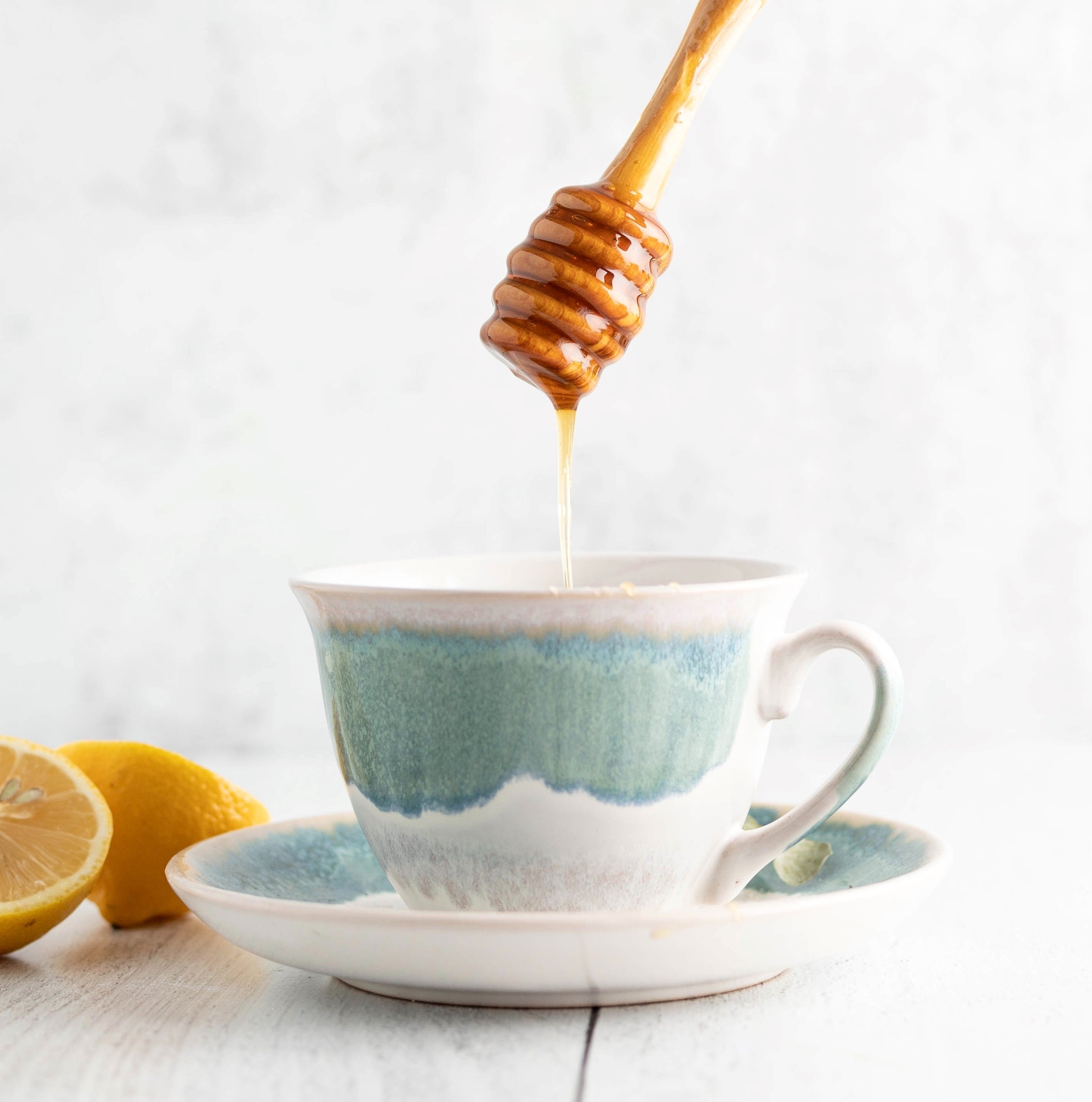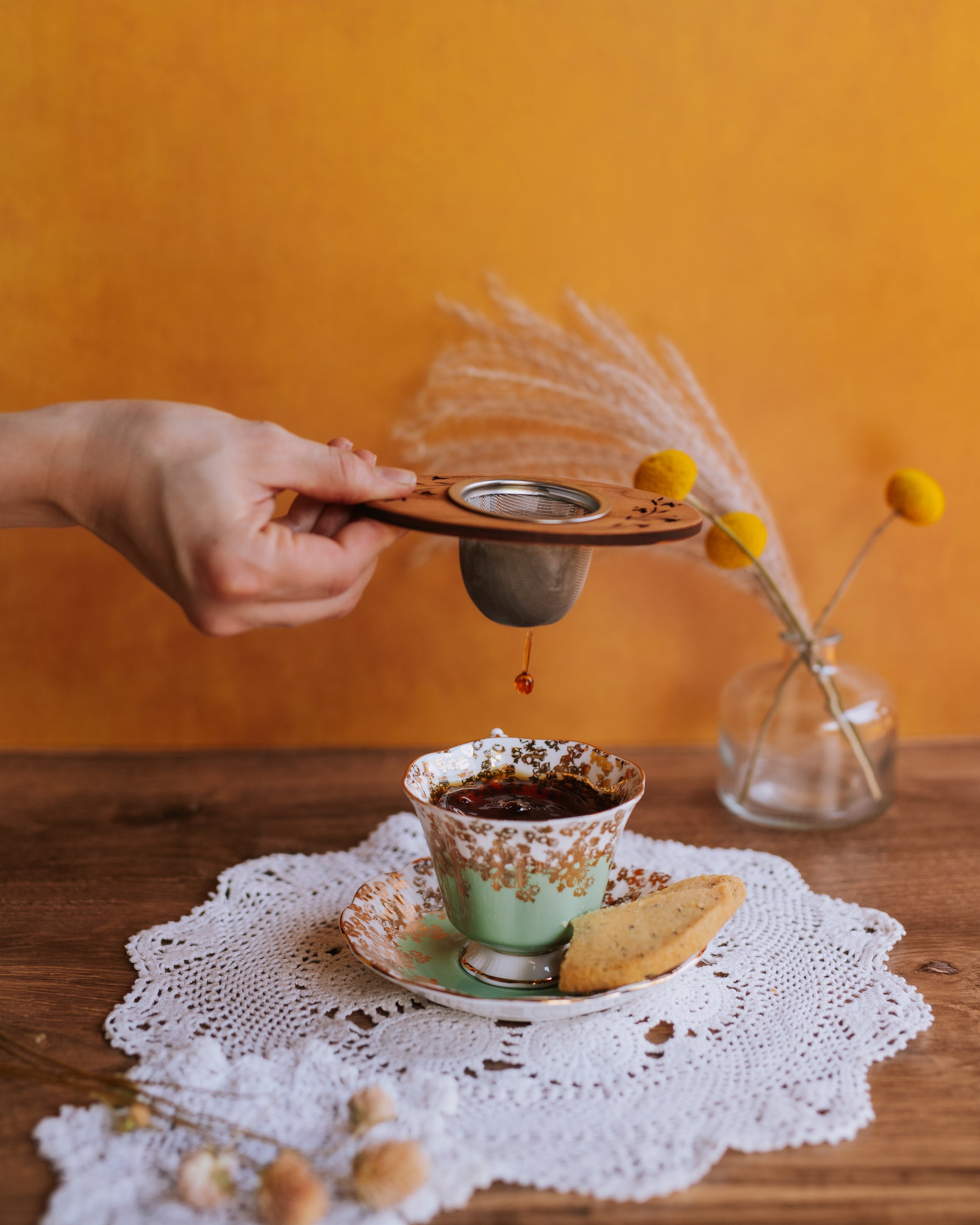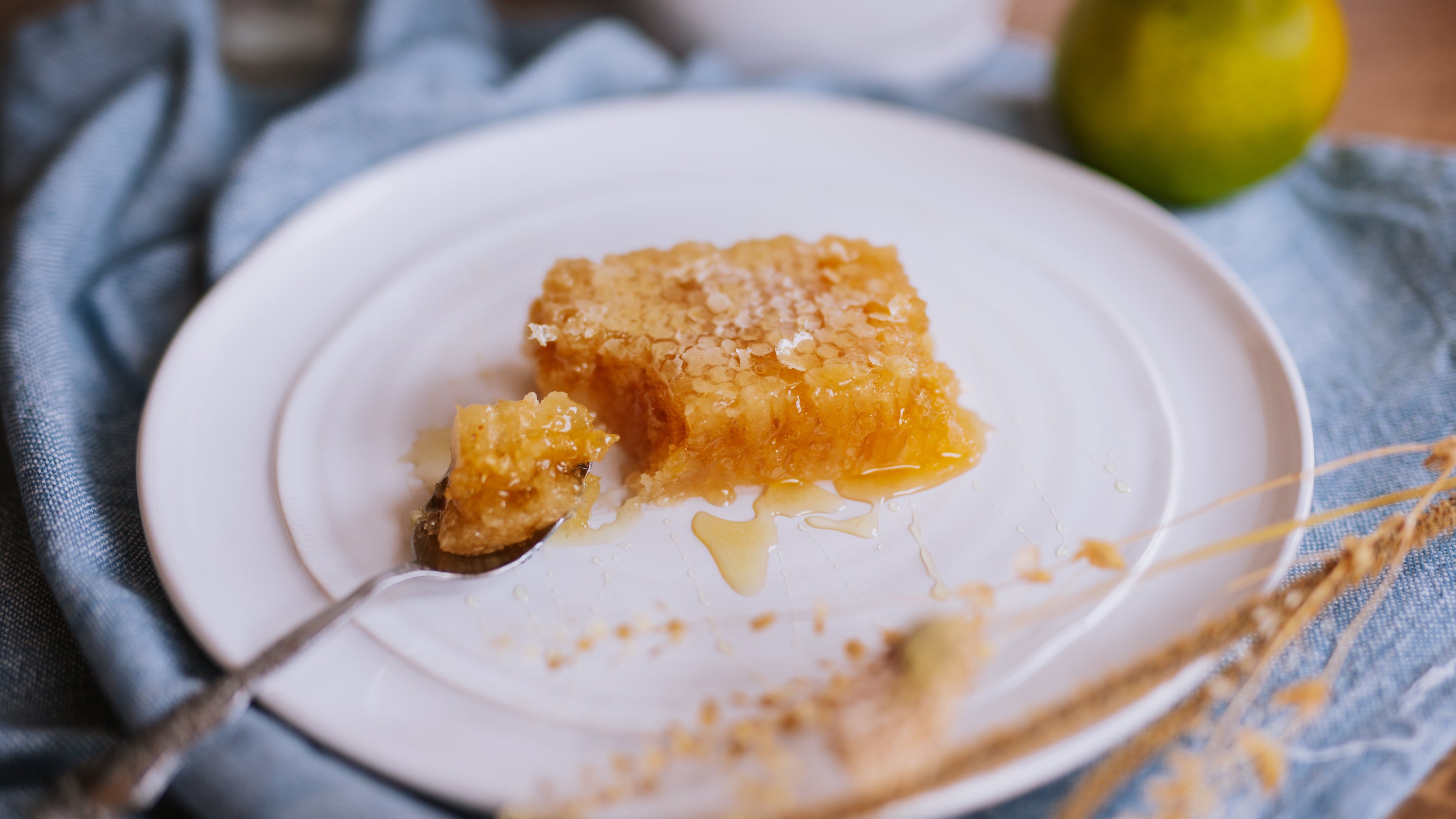
Does Raw Honey Expire?
Wondering if honey will expire and whether or not crystallization means your honey has gone bad are two of our most frequently asked honey-related questions here in the shop!
To address both questions: raw honey does not expire and crystallization does not mean your honey is bad!
But just to prove it to you, we're going to delve into the science of why honey never goes bad (and, just to be contrary, when it might).
The Science: Why Honey Doesn't Go Bad
Raw honey is unlike anything else in your pantry - even other similar items like molasses. So what is it, precisely, that makes honey shelf-stable for eons? (Yes, literal eons... archeologists are pulling perfectly edible honey out of Egyptian tombs and even found 5500-year-old linden honey in Georgia!)
The chemistry behind honey's extraordinary shelf-life
As sweet as it is, honey is very unhospitable to bacteria and microorganisms that make other foodstuffs spoil. Honey is a sugar, which means it is hygroscopic (containing very little water). In fact, honey is about 70% sugar and only 20% water. Since honey naturally has so little moisture, bacteria and microorganisms literally cannot survive.
On top of its low moisture content, honey is quite acidic. According to Amina Harris, Executive Director of the Honey and Pollination Center at the Robert Mondavi Institute at the University of California, honey "has a pH that falls between 3 and 4.5, approximately, and that acid will kill off almost anything that wants to grow there."
So, not only is honey inhospitable to bacteria and microorganisms, if anything does try to grow, the acidity of the honey makes it virtually impossible for it to do so.
You might be wondering, isn't molasses very similar to honey? It is. But honey has something molasses doesn't: Bees.
The magic of bees and honey's antibacterial properties
When bees make honey, they do two things that contribute to honey's longevity. First, bees regurgitate the nectar in their mouths into the honeycomb. During this process, the nectar mixes with an enzyme from their stomachs called glucose oxidase. This, in turn, creates two by-products: gluconic acid and hydrogen peroxide.
Hydrogen peroxide?! Yea! Hydrogen peroxide! Bees are so freaking cool.
Bees also flap their wings in the honey-making process and essentially dry-out the nectar (which is naturally 60-80% water in contrast to honey's 20%.
Now we know that honey is low-moisture because bees are awesome, acidic because of chemistry, AND honey contains hydrogen peroxide that fights anything clueless enough not to take the hint - and that's why honey doesn't expire.
Sometimes Honey Does Go Bad - But It's Not Honey's Fault
The first thing to note here is that if your honey is bad, you will know your honey is bad because it will be fermented and it will taste sour instead of sweet. Crystallization is a natural process and does not mean that the honey is bad. You can simply put your crystallized honey in a warm water bath to re-liquefy it or enjoy your honey creamed and spread on toast! We'll get more into crystallization in another article, we promise! For now, know that crystallization is normal, natural, and does not mean your honey is expired.
For honey to go bad, there needs to be something inside of it that can spoil. For this reason, it's not a great idea to leave honey out and unsealed in a humid environment for a long time. As we learned above, honey is naturally very low-moisture, which means that it will suck in any available moisture it can... and then spoil. But as long as you keep the lid on your honey when not in use and don't add any water to it, you're good to go for, well, last count was 5500 years! (If you make simple syrup with your honey like we do here for iced teas at the Tea Bar, we recommend storing the syrup in the fridge for no more than a couple weeks, just like with a refined-sugar simple syrup.)
Ready to try some raw honey and see if it lasts long enough in your home to go bad? (We'd take a bet that it won't!)
Resources:
Geiling, N. (2013, August 22). The Science Behind Honey’s Eternal Shelf Life | Science | Smithsonian Magazine. Smithsonian Magazine; Smithsonian Magazine. https://www.smithsonianmag.com/science-nature/the-science-behind-honeys-eternal-shelf-life-1218690/
Hamdan, K. (2010). Crystallization of Honey. Bee World, 87:4, 71–74. https://doi.org/10.1080/0005772X.2010.11417371



